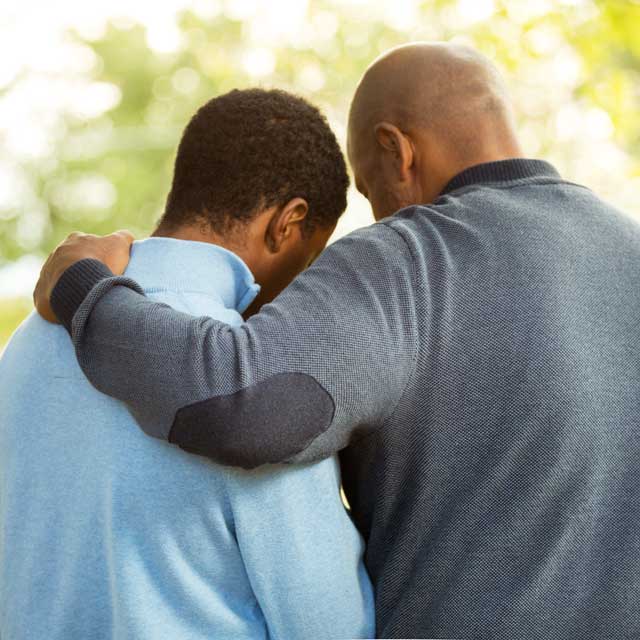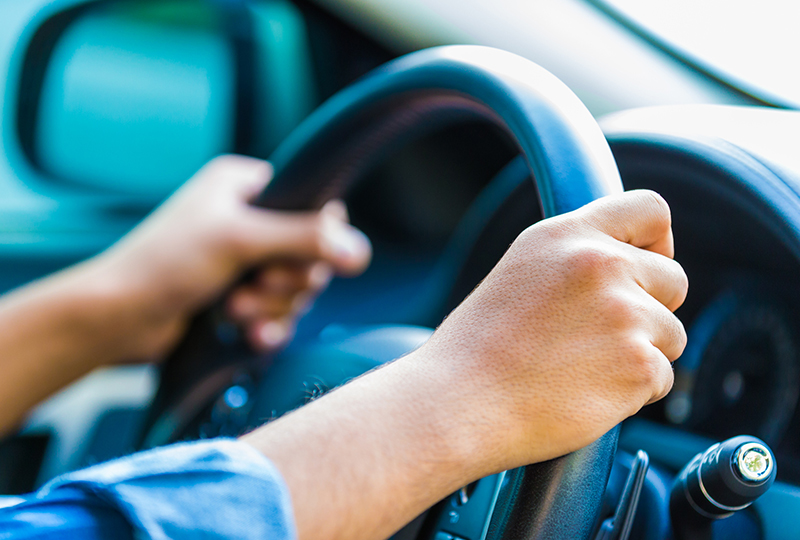And how to talk to your teen to prevent it from happening.
Getting a driver’s license is a teen milestone. While the new freedom can be an exciting time for a teenager, it’s understandably a point of worry for parents. In the U.S., about 227,000 teens were injured in car accidents in 2020, and 2,800 died, according the Centers for Disease Control and Prevention. Car accidents are the leading cause of death for U.S. teens. And a key contributor to motor vehicle accidents is teenage drunk driving.
Experts say that talking with your teen about drunk driving and making plans of action are crucial for safety. These tactics are also beneficial for prepping young people for safe practices while away at college and in adulthood.
“Open communication and ongoing communication are two really important things,” said Dr. Neerav Desai of the Adolescent and Young Adult Health Clinic of Monroe Carell Jr. Children’s Hospital at Vanderbilt. “It’s a matter of life and death — not only for the young person but for others on the road.”
Facts about teenage drunk driving
“Even one situation can turn into a bad situation.”
Among high school students in the U.S., more than 5% reported having driven after drinking at least once in the previous month, according to the 2019 National Youth Survey. Additionally, almost 17% said they’d ridden with a driver who had been drinking at least once in recent weeks.
“Drinking and driving has reduced over the last few years,” Desai said. “However, even one situation can turn into a bad situation. Being a new driver and then compounding it with being impaired with alcohol or drugs makes the problem much worse.”
How many teens die each year from drunk driving?
Motor vehicle crashes are the leading cause of death for teens in the U.S., with a total of 1,885 young drunk drivers killed in 2020, according to research by the the National Highway Traffic Safety Administration. Within that category, 29% of drivers ages 15-20 who were killed in car crashes had been drinking. That’s about 550 young drivers who died while driving drunk in 2020. The research found another 445 young drivers who crashed while drunk but survived.
How to help prevent drunk driving
Talking to your kids about drunk driving, adding increased driving privileges over time, making a plan of action, and modeling good behavior to your teen are all ways to help reduce the chances your child will get behind the wheel after drinking or in the car with an impaired driver.
“It’s a good discussion to have, even before your teen is driving,” Desai said. Talk early and often about the consequences associated with driving while intoxicated. Death and paralysis are extreme consequences, but parents should also teach teens about legal and other issues.
When a teen first gets a driver’s license, Desai said, parents should build an incentive plan by outlining under what circumstances a teen will be driving initially. For example, for the first few months, the teen might only be allowed to drive during the day, to and from school. If that goes well, then the parent might add increased driving privileges.
Plans of action that offer a solution are also an important part of prevention. If rideshare apps are available where you live, parents can ensure their teens have downloaded them to their phones and have active accounts. Parents may also need to assure their children that they won’t get upset with them if they do take a rideshare or a taxi, or if they call the parent to come get them, Desai explained.
“Prevention can also mean praising a young person for taking a rideshare when there was some question about if they or their friend was impaired,” he added, “and making sure they feel like you value that decision.”
Parents should also model best practices to their teens, Desai said. This might mean a parent taking a rideshare or designating a sober driver for their own evening out. Modeling smart and safe driving behavior, Desai said, also means no texting while driving, no distracted driving, and no driving while impaired — whether with alcohol, cannabis or other mind-altering substances.

Personalized care as they grow
Adolescents and young adults have unique health care needs. The Adolescent and Young Adult Health Clinic at Monroe Carell Jr. Children’s Hospital at Vanderbilt specializes in promoting the physical and emotional well-being of adolescents and young adults from ages 12 to 22.

